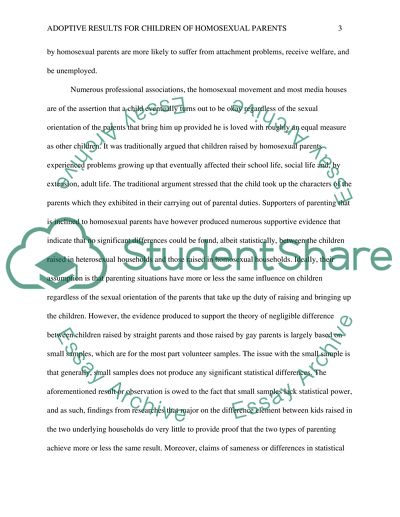Cite this document
(“Adoptive Results for Children Raised by Homosexual Parents Research Paper”, n.d.)
Retrieved de https://studentshare.org/sociology/1702238-children-of-homosexual-parents
Retrieved de https://studentshare.org/sociology/1702238-children-of-homosexual-parents
(Adoptive Results for Children Raised by Homosexual Parents Research Paper)
https://studentshare.org/sociology/1702238-children-of-homosexual-parents.
https://studentshare.org/sociology/1702238-children-of-homosexual-parents.
“Adoptive Results for Children Raised by Homosexual Parents Research Paper”, n.d. https://studentshare.org/sociology/1702238-children-of-homosexual-parents.


